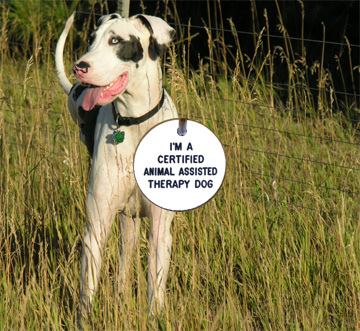
Contact with a reptile is a major source of salmonella infection. About half the cases of salmonella in children under the age of 5 are caused by this. About 90% of all reptile pets carry salmonella. They may sometimes shed it in their feces, which causes it to remain on surfaces for a long period of time.
Salmonella is a serious disease. The bacteria causes gastrointestinal illness with symptoms of fever, diarrhea, abdominal pain, headache, and possible vomiting. In young children, this can be extremely dangerous and in rare cases even lead to death. Babies and infants are most at risk. Pregnant women and elderly and ill people are also at high risk.
The Centers for Disease Control and Prevention (CDC) gives us important information on reptiles and amphibians and salmonella.
Reptiles and amphibians such as turtles and frogs can be fun pets, interesting to watch, but they can also harbor the disease, salmonella.
While reptiles and amphibians including snakes, lizards, iguanas, geckos, horned toads, salamanders, chameleons, frogs and turtles are popular as pets, it is important to research theses pets well before adoption.
The CDC explains that salmonella germs can be caught not only by contaminated food, but also by handling these animals and contact with their environment, including water from containers or aquariums where they live.
A salmonella infection causes diarrhea, vomiting, fever and/or abdominal cramps. People with weakened immune systems, young children and the elderly are more prone to develop serious illness from the infection. A salmonella infection needs to be treated as soon as possible with antibiotics before it spreads to other parts of the body through the bloodstream. Untreated, it can be fatal.
The germs can be found on cages, aquariums, terrariums, the water in these enclosures, on any containers where they are housed. The germs can attach to hands and/or clothing when touching one of these pets or anything in the area where they live or roam.
Here are the CDC’s safety recommendations for owning a reptile or amphibian:
- Wash your hands thoroughly with soap and warm water immediately after touching a reptile or amphibian or anything in the area where they live and roam.
- Adults should always supervise hand washing for young children.
- Do not let children younger than the age of 5 handle or touch reptiles or amphibians or anything in the area where they live and roam including their water.
- Keep reptiles and amphibians out of homes with children younger than 5 years old or people with weakened immune systems.
- Reptiles and amphibians should not be kept in child care centers, nursery schools or other facilities with children younger than 5 years old.
- Do not touch your mouth after handling reptiles or amphibians and do not eat or drink around these animals.
- Do not let reptiles or amphibians roam freely throughout the house or in areas where food or drink is prepared, served or stored such as kitchens, pantries, dining rooms or outdoor patios.
- Habitats and their contents should be carefully cleaned outside the home. Use disposable gloves when cleaning and do not dispose of water in sinks used for food preparation or for obtaining drinking water.
- Wash any clothing the reptiles or amphibians might have touched.
- Do not bathe animals or their habitats in your kitchen sink. If bathtubs are used for these purposes, they should be thoroughly cleaned afterward. Use bleach to disinfect a tub or other place where reptiles or amphibians habitats are cleaned.(Do not use bleach or other toxic materials to clean habitats).
- Use soap and/or a disinfectant to thoroughly clean any surfaces that have been in contact with reptiles or amphibians.
- NEVER kiss a frog (or any other reptile)!
Since 1975 it has been illegal in the U.S. to sell turtles with shells less than 4 inches long. This size was chosen because it’s less likely that small children will put them in their mouths. However smaller turtles are still being sold by unscrupulous vendors. Children are also able to catch wild turtles and lizards and bring them home as pets.
Since any reptile or amphibian can carry the salmonella germ, it’s best not to keep them as pets for your children or persons with compromised immune systems.
Keep in mind that taking all necessary precautions, reptiles and amphibians can be good pets.



